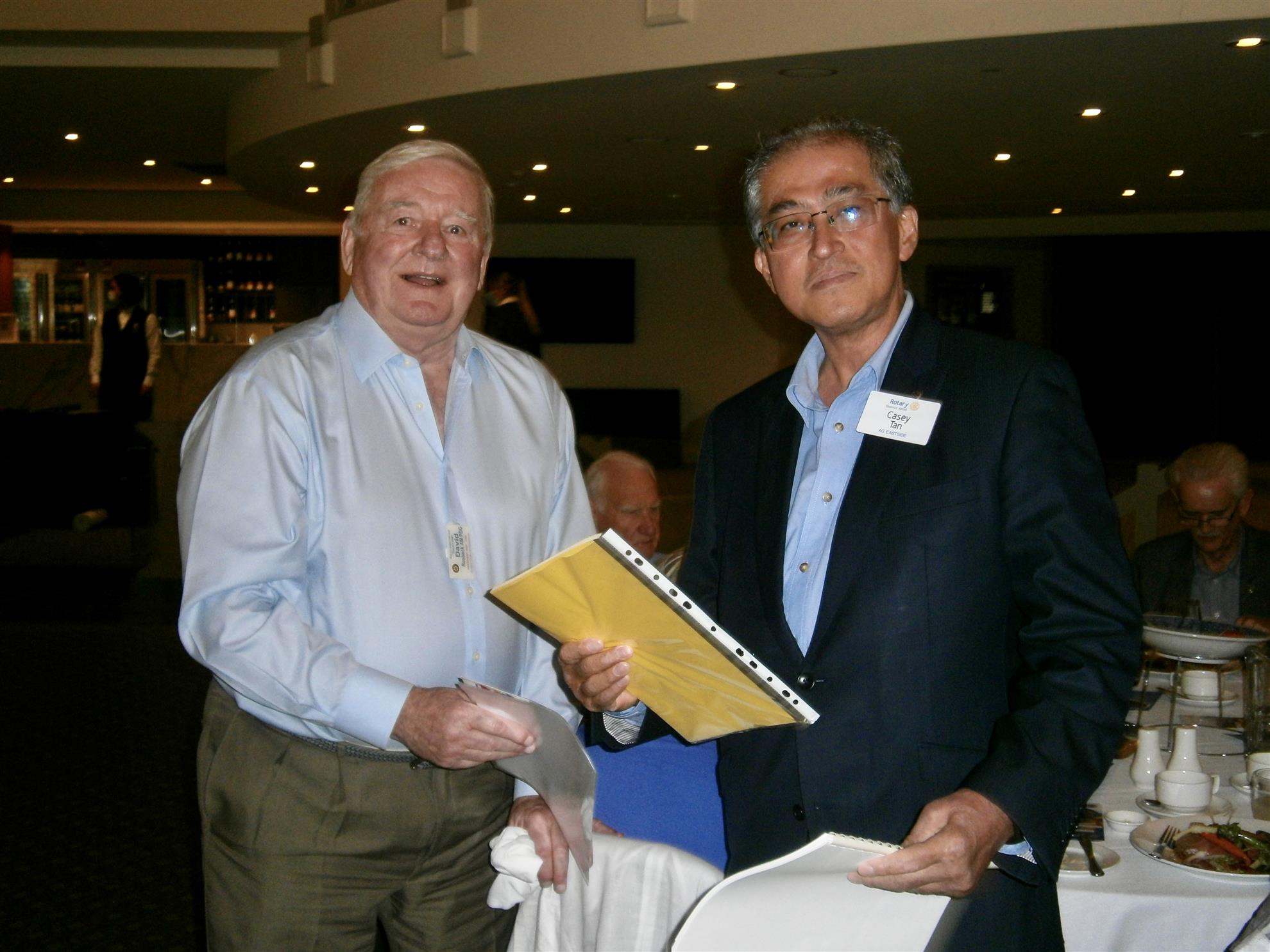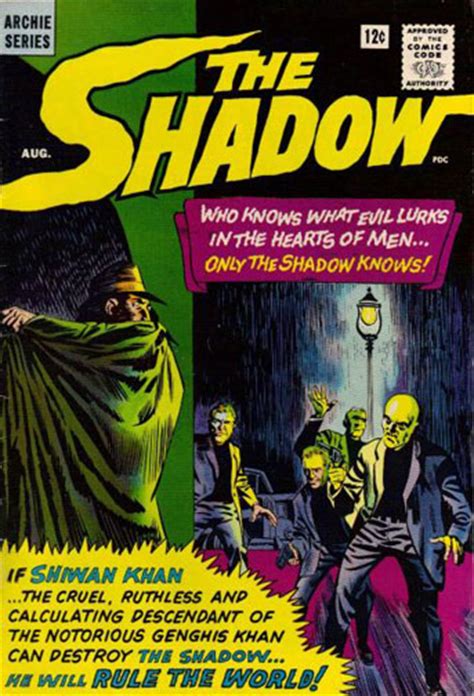 Happy 116th Birthday, Rotary!
Happy 116th Birthday, Rotary!
The Shadow knows you remembered the significance of the date, 23rd February.
You didn’t? Oh dear!

Chicago attorney Paul Harris formed the Rotary Club of Chicago on 23 February 1905, so professionals with diverse backgrounds could exchange ideas and form meaningful, lifelong friendships.
Over time, Rotary’s reach and vision gradually extended to humanitarian service.
Welcome New Member
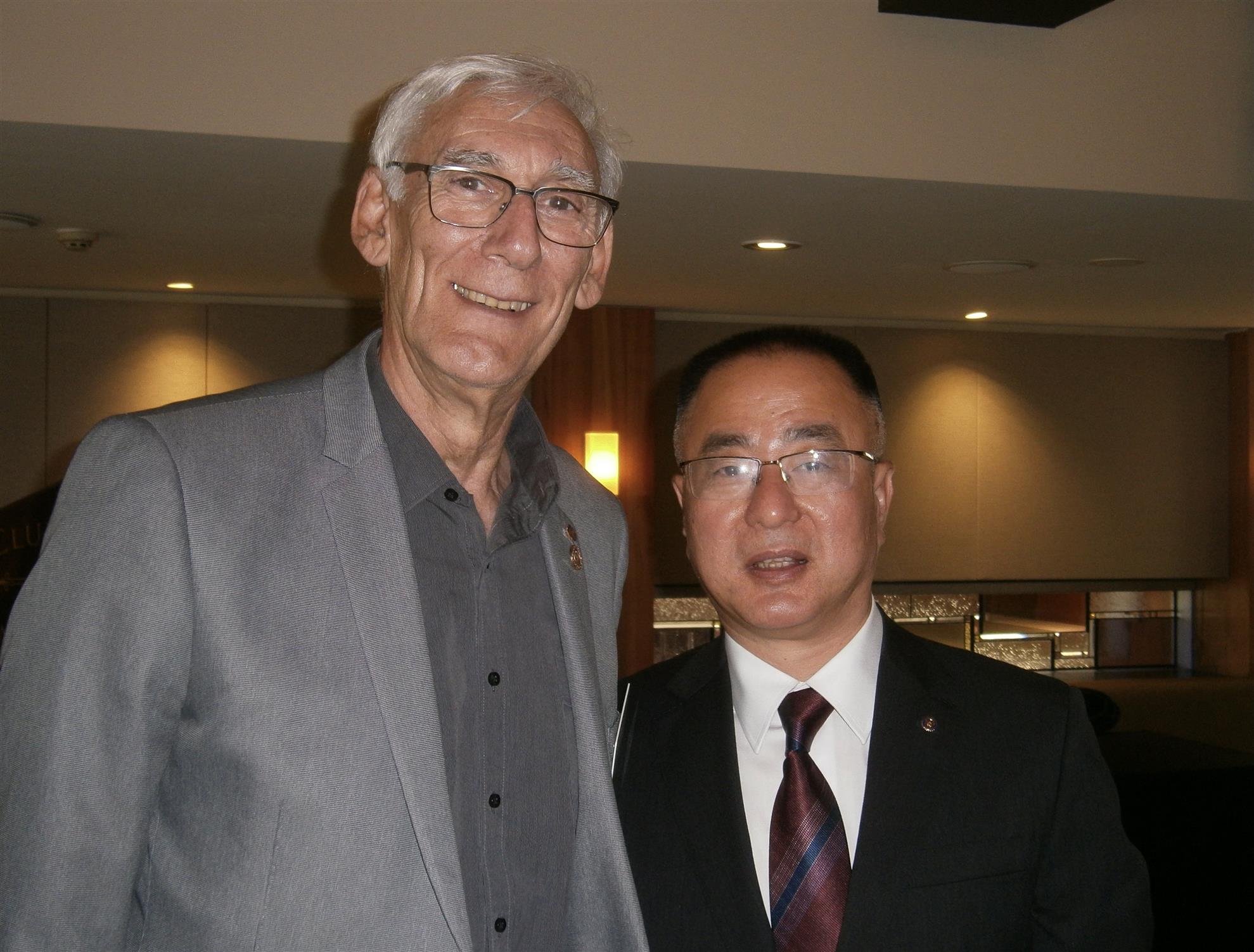
Here he is, with sponsor Ian Bentley.
Isn’t it nice to have visitors?
Eastside AG Casey Tan had lunch with us today, and he thanked the club for helping to make the Boroondara Australia Day a success. Not only did Casey present Simon O’Donoghue with a certificate of appreciation, but he took the opportunity to recall that when he was a club president, he had omitted to present something to the then District Governor. He made up for this by presenting it to a surprised PDG David Rosback. That’s only 26 years late, but what a memory you have, Casey!
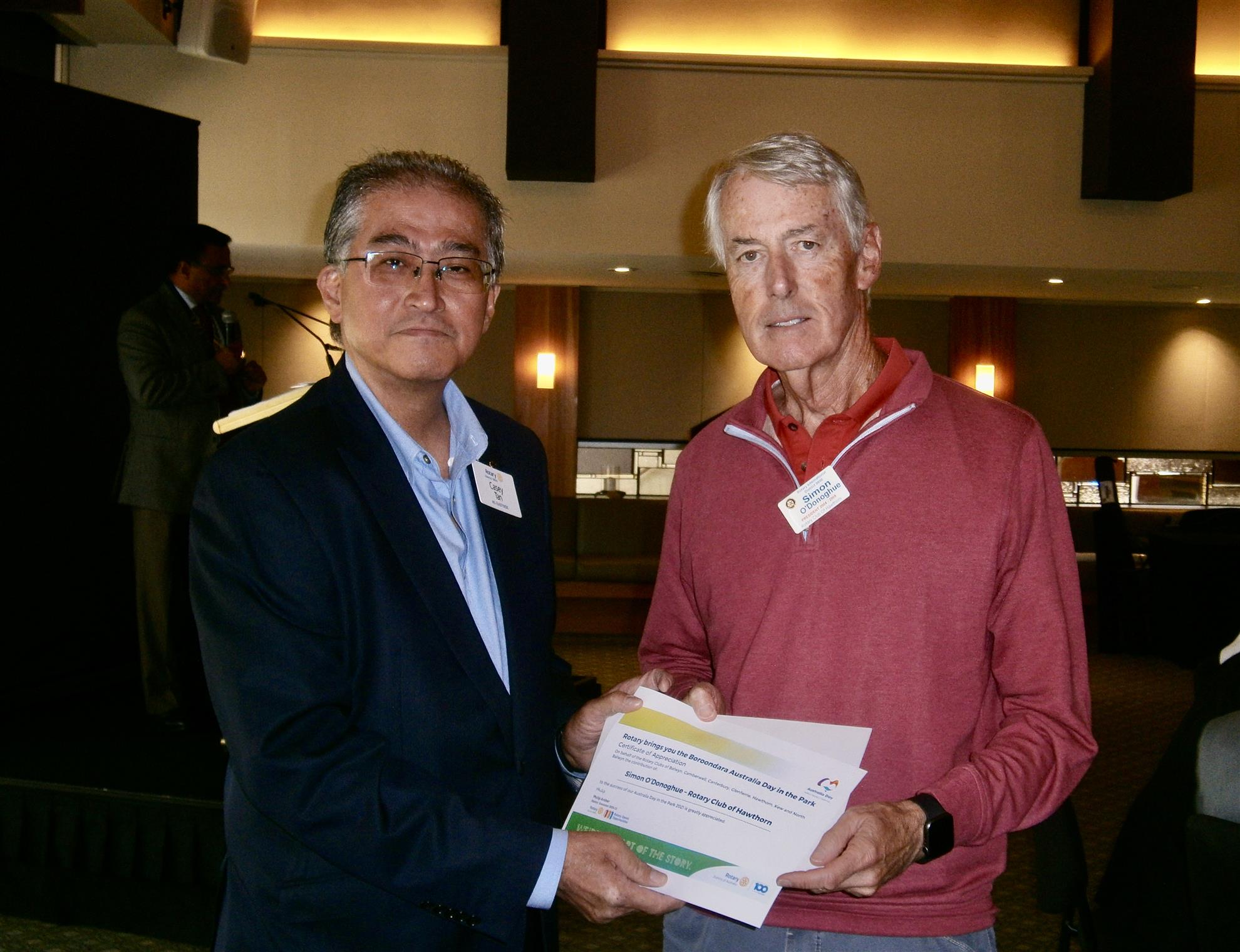
Did you see the advertisement for th e Rotary leadership Institute? Were can happily recommend this for newer members who would like to learn a bit more about Rotary, in a friendly and non-challenging environment. Get in early - one day you may be tapped on the shoulder for a leadership role.
e Rotary leadership Institute? Were can happily recommend this for newer members who would like to learn a bit more about Rotary, in a friendly and non-challenging environment. Get in early - one day you may be tapped on the shoulder for a leadership role.
The Rotary Leadership Institute is a four part program where you will learn a little more about Rotary, the early history, traditions, the Rotary Foundation, and its relevance in the world today. You will make new friends in an enjoyable environment.
More on Quarantine
Thanks for your feedback on epidemics and quarantine: who would have thought we had amateur epidemiologists in the club?
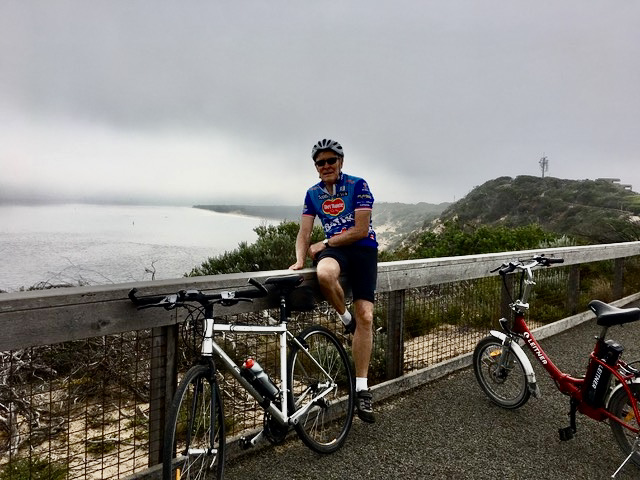
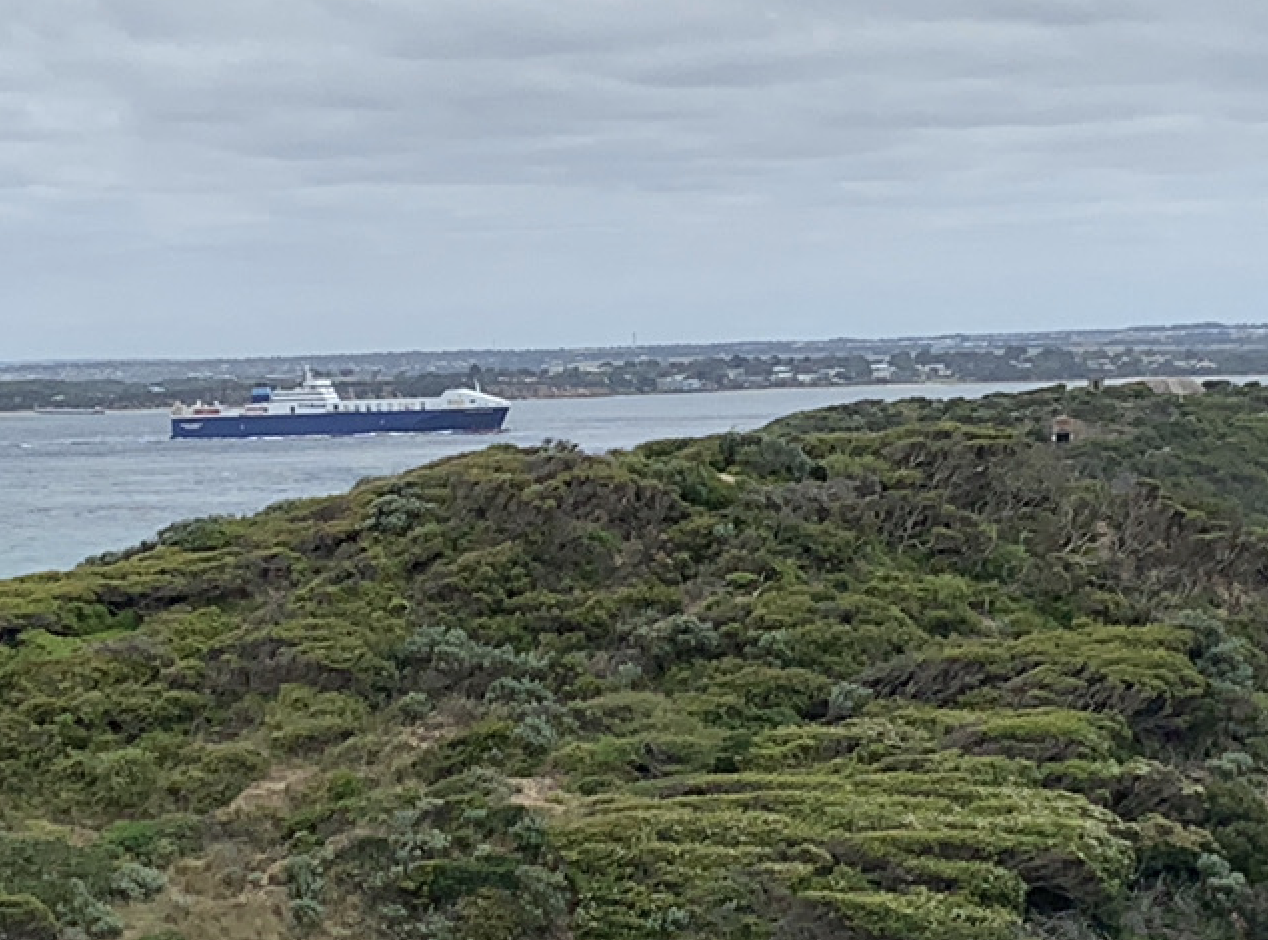
And did David Rush really cycle all the way down to Point Nepean just to check out the Quarantine Station? Or did he just go there for lunch at the Portsea pub? The Shadow knows . . . . . but won’t tell.
Thanks in any case for the lovely photos, David.
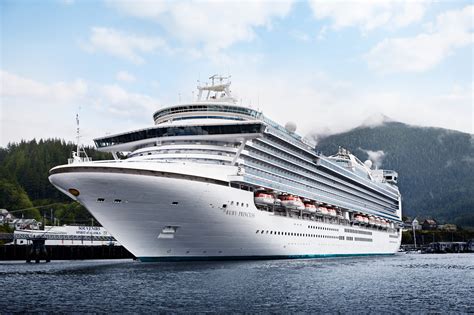 The rather kitsch-sounding name of the Ruby Princess, the cruise liner that was the source of a catastrophic outbreak of coronavirus in Sydney in March last year, is destined to enter the annals of Australian maritime history with a notoriety matched only, perhaps, by the 19th-century plague ship Ticonderoga.
The rather kitsch-sounding name of the Ruby Princess, the cruise liner that was the source of a catastrophic outbreak of coronavirus in Sydney in March last year, is destined to enter the annals of Australian maritime history with a notoriety matched only, perhaps, by the 19th-century plague ship Ticonderoga.
In 1852, overcrowded with mostly poor Highland Scottish immigrants, the Ticonderoga sailed towards Port Phillip Bay after leaving Liverpool in England. The ship was riddled with typhus, a terrible disease caused by lack of adequate sanitation that killed around 100 people on board, including many young children.
![]() As a practical response, the arrival of the Ticonderoga prompted the establishment of a makeshift quarantine station at Point Nepean that subsequently remained in operation for more than a century.
As a practical response, the arrival of the Ticonderoga prompted the establishment of a makeshift quarantine station at Point Nepean that subsequently remained in operation for more than a century.
Many of the deaths that took place on the Ticonderoga occurred during quarantine, though the disease did not spread beyond the people on the ship.
The outbreak of COVID-19 on the Ruby Princess led to fewer direct deaths than the Ticonderoga typhoid epidemic but the economic cost and damage to the national psyche was enormous and may never be fully known.
But the author Simon Caterson seems to confuse Typhus and Typhoid, which are separate diseases:
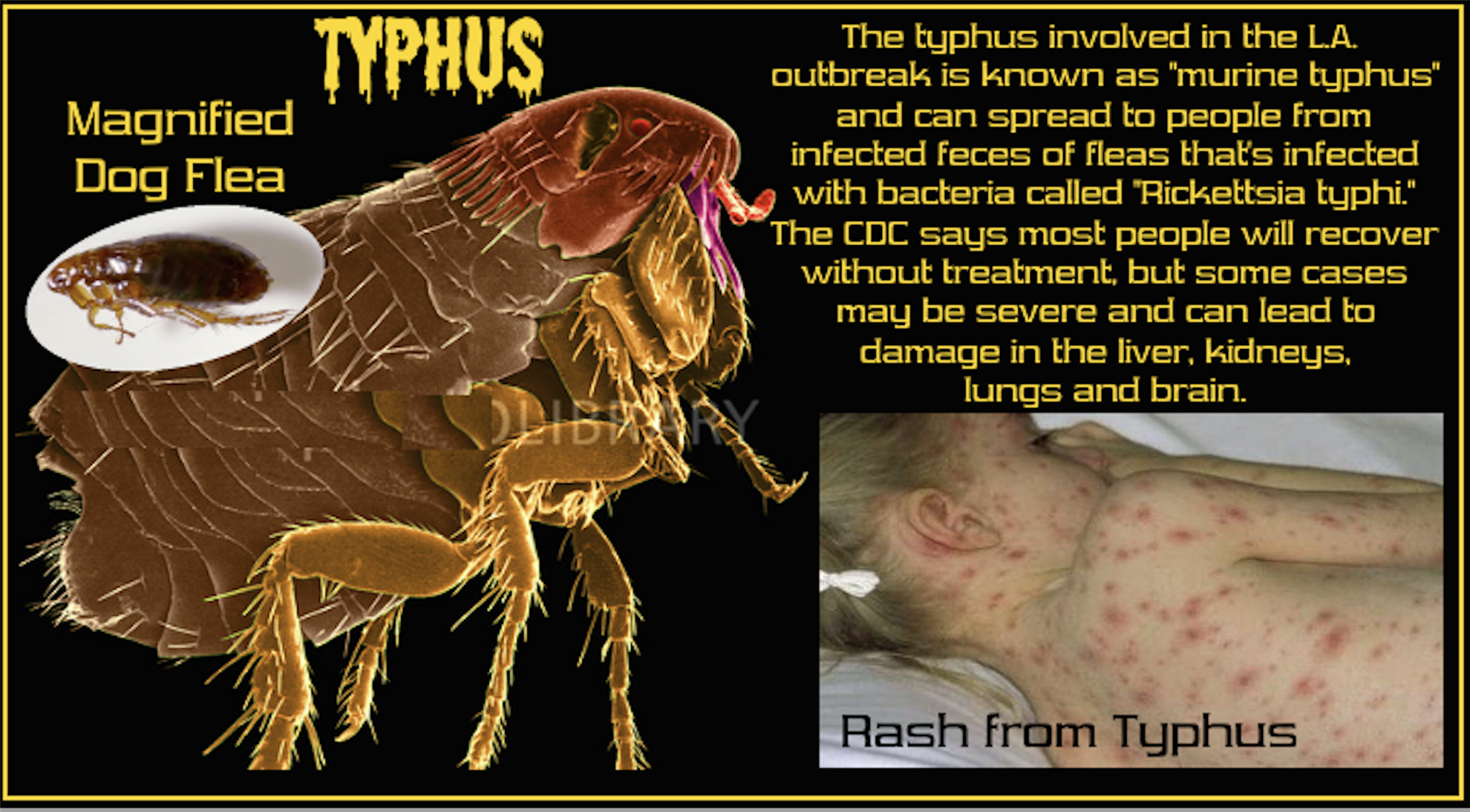 Typhus is a flea-borne disease that affects thousands of people every year. It is often found in the colder mountainous regions of Africa, South America and Asia. Like typhoid, it most commonly occurs in areas where overcrowding and poor hygiene are common.
Typhus is a flea-borne disease that affects thousands of people every year. It is often found in the colder mountainous regions of Africa, South America and Asia. Like typhoid, it most commonly occurs in areas where overcrowding and poor hygiene are common.
Typhoid is a food bourne illness that infects an estimated 21 million people each year. Transmission is often through contaminated food or water, and symptoms develop within three weeks. Symptoms are usually mild but can be serious. More than 200,000 people die from typhoid every year.
Passengers on the Ticonderoga surely had Typhus. But note that "the disease did not spread beyond the people on the ship"! -Ed.
Perhaps “The Bookworms” would like to read more about the Ticonderoga:
Hell Ship : The True Story of the Plague Ship Ticonderoga, One of the Most Calamitous Voyages in Australian History - By Michael Veitch
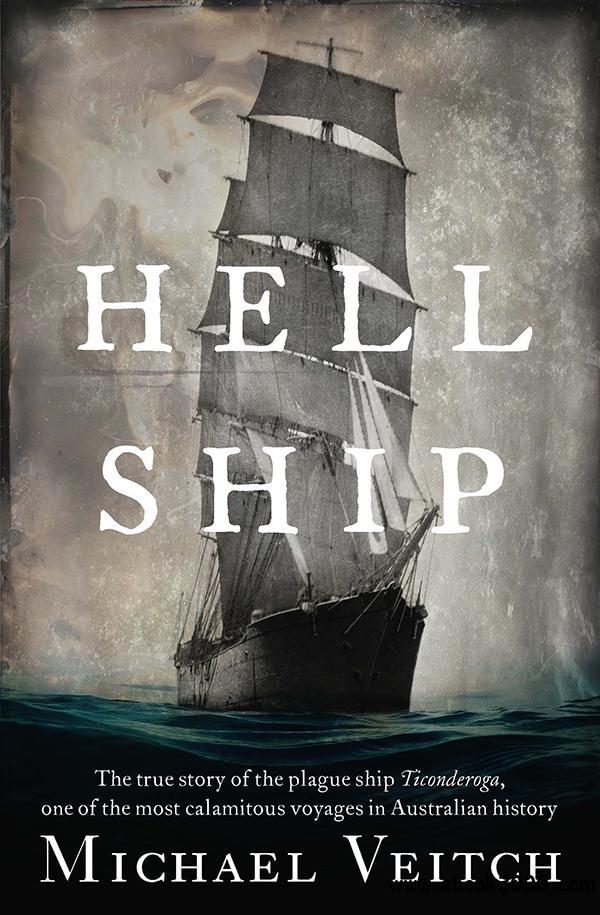
For more than a century and a half, a grim tale has passed down through Michael Veitch's family: the story of the Ticonderoga, a clipper ship that sailed from Liverpool in August 1852, crammed with poor but hopeful emigrants - mostly Scottish victims of the Clearances and the potato famine. A better life, they believed, awaited them in Australia.
Three months later, a ghost ship crept into Port Phillip Bay flying the dreaded yellow flag of contagion. On her horrific three-month voyage, deadly typhus had erupted, killing a quarter of Ticonderoga's passengers and leaving many more desperately ill. Sharks, it was said, had followed her passage as the victims were buried at sea.
Panic struck Melbourne. Forbidden to dock at the gold-boom town, the ship was directed to a lonely beach on the far tip of the Mornington Peninsula, a place now called Ticonderoga Bay.
James William Henry Veitch was the ship's assistant surgeon, on his first appointment at sea. Among the volunteers who helped him tend to the sick and dying was a young woman from the Isle of Mull, Annie Morrison. What happened between them on that terrible voyage is a testament to human resilience, and to love.
Michael Veitch is their great-great-grandson, and Hell Ship is his brilliantly researched narrative of one of the biggest stories of its day, now all but forgotten. Broader than his own family's story, it brings to life the hardships and horrors endured by those who came by sea to seek a new life in Australia.
So what’s up next?
The Quiz, of course! 
5.45 on Friday 26th February, by Zoom, of course.
It’s not too late to book, if you haven’t done so yet.
